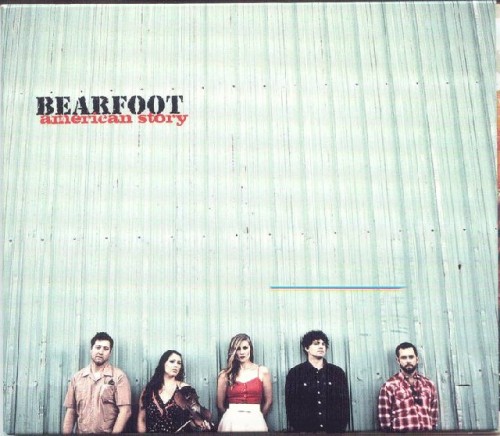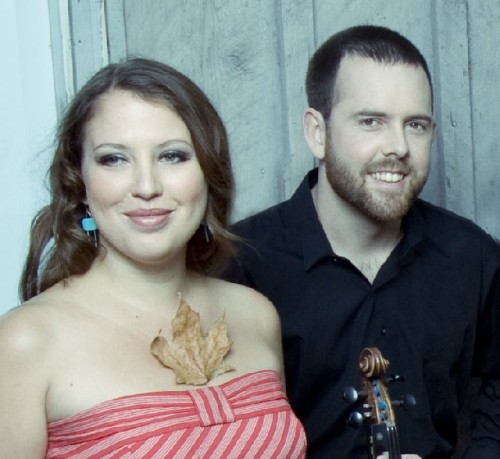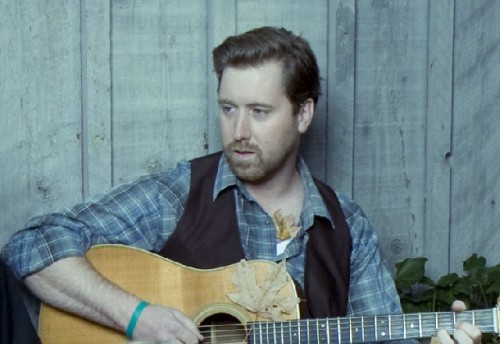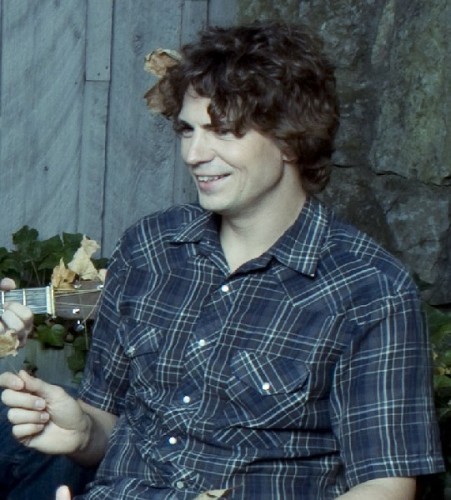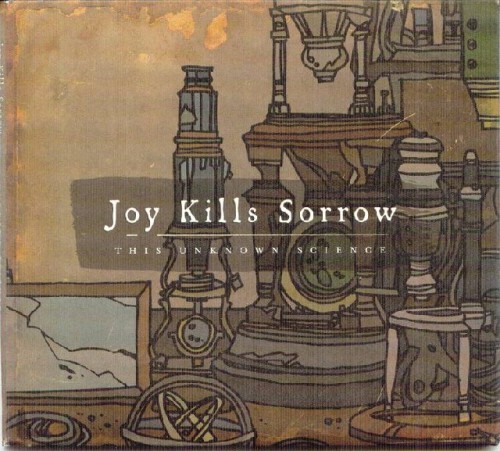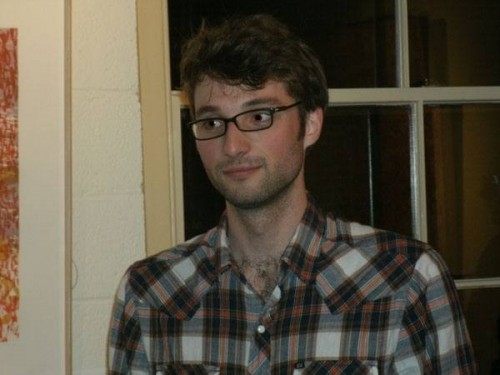Ear Say II - Bearfoot and Joy Kills Sorrow
Ongoing Thoughts About Appealing CDs
By: David Wilson - Apr 12, 2012
Bluegrass has changed as much in the last 40 years as it did in the 40 before which I suppose is one way of saying it is alive and still evolving. The biggest change from the earlier era was the emergence of amplified instruments which reduced the importance of the single mike and rotation of musicians around it. The major change in the recent era is the expansion and scope of subject matter. There is now clearly a body of urban bluegrass thriving parallel to its rustic sibling with considerable cross fertilization.
Here are two first rate highly involving cds that in differing degrees embrace both branches.
Bearfoot
American Story
Compass Records
7 4566 2
When I first stumbled upon Bearfoot and their 2009 release Doors and Windows, I was struck by a number of characteristics. First were the wonderful harmonies of the three lead fems, Kate Hamre - acoustic bass, Odessa Jorgensen - fiddle and Angela Oudean – fiddle, and the way they contrasted with the occasional vocals of Jason Norris – mandolin and Mike Mickelson – guitar. On top of that, the technical proficiency and passion of the instrumental accompaniment was stunning. Doors and Windows quickly became my favorite and most often played recording of the Americana genre for that year. Clearly, the replacement of long time member Annalisa Tornfelt by Odessa Jorgenson had altered the focus of the group’s repertoire, but had maintained the artistic level of both material and performance. By the time I saw them live in early summer of 2010, Kate had tired of touring and given up her position to Sam Grisman, bass playing son of ‘60s icon, David Grisman. While a first rate musician, nonetheless this altered the basic nature of the signature harmonic sound of the group. I wondered in my review of that performance what it would mean to the future of the group.
In 2011, wondering what they might be up to, I did a bit of research and found the group working on a new cd, but…
Like a boat whose name remains constant as long as a bit of the keel is original much other than the name had changed. Of the original group only Angela and Jason remained. Joining them were Bootleggers vets, Nora Jane Struthers on guitar and P.J. George on bass as well as Cold Country alum, Todd Grebe on guitar.
The vocal texture with Nora Jane featured is less refined but even more passionate and acute. Her songwriting is less arty than Odessa’s but no less artful. Every song strikes right to heart, mind, or gut with searing sentiment and no sentimentality most often from the female perspective. Three numbers penned by Todd Grebe are cowboy flavored and quite masculine. The program is rounded out with an anthem of boundary setting, founding member Annalise Tornfeld’s, "Billy, Billy."
From the opening "Tell Me A Story" to the final "Mr. Moonshine" the ten numbers add up to only a brief 33 minutes. Each number, however, is compelling and repeated listening only reveals more subtleties. It never bores. It would easily be my choice for best Americana release of 2011 if it were not for…
Joy Kills Sorrow
This Unknown Science
Signature Sounds Recordings
SGT 2041
Bass player Bridget Kearney is author on all but one of the program’s eleven tunes though on a majority she shares credit with one or another of the band members. The tendency here as in their previous release, Darkness Sure Becomes This City, is to explore the psychological aspect of emotions primarily around existential issues, loneliness, isolation and loss with many references to urban lifestyle. This seems ironic to me for, aside from the material content of the songs, they are musically playful and purposeful. In live performance they are upbeat, joyous and humorous.
This is not the place for me to deplore or explore the contemporary tendency of vocalists across most genres to slur pronunciation beyond understanding (though someday I intend to do so.) While I admire lead singer Emma Beaton’s clarity of voice, and enjoy her use of that voice as an instrument, I find it impossible to understand the words without a copy of the lyrics at hand. With that said, the result is that I end up spending more time listening closely to the way the instruments weave their themes to create patterns that are innovative and quite radical at their core. There are patterns that often seem akin to classical or jazz forms, individually, while collectively providing what is unmistakably the signature sound of contemporary bluegrass.
While Emma fronts the band vocally, Bridget’s bass is the engine which powers and drives the accompaniment. It would be directionless however without textures and purpose provided by Wes Corbett on banjo, Jacob Joliff on Mandolin, and founding member Matt Acara’s guitar. Joy Kills Sorrow is truly an ensemble and I, by no means a musician of any kind, imagine that being a member of it must bring many magical moments.
Not having listened widely to contemporary bluegrass, I can not say that they are unique, though I suspect they most certainly are. I can say that their music captivates me, leaves me wanting to hear the cd again and again. It always leaves me marveling at how they manage to construct such unusual tensions and bring them to such satisfying resolutions.
When trying to describe them succinctly to a friend recently, I summed their music up as Appalachian Jazz.
You cannot go wrong with either of these releases and I heartily endorse both of them.

